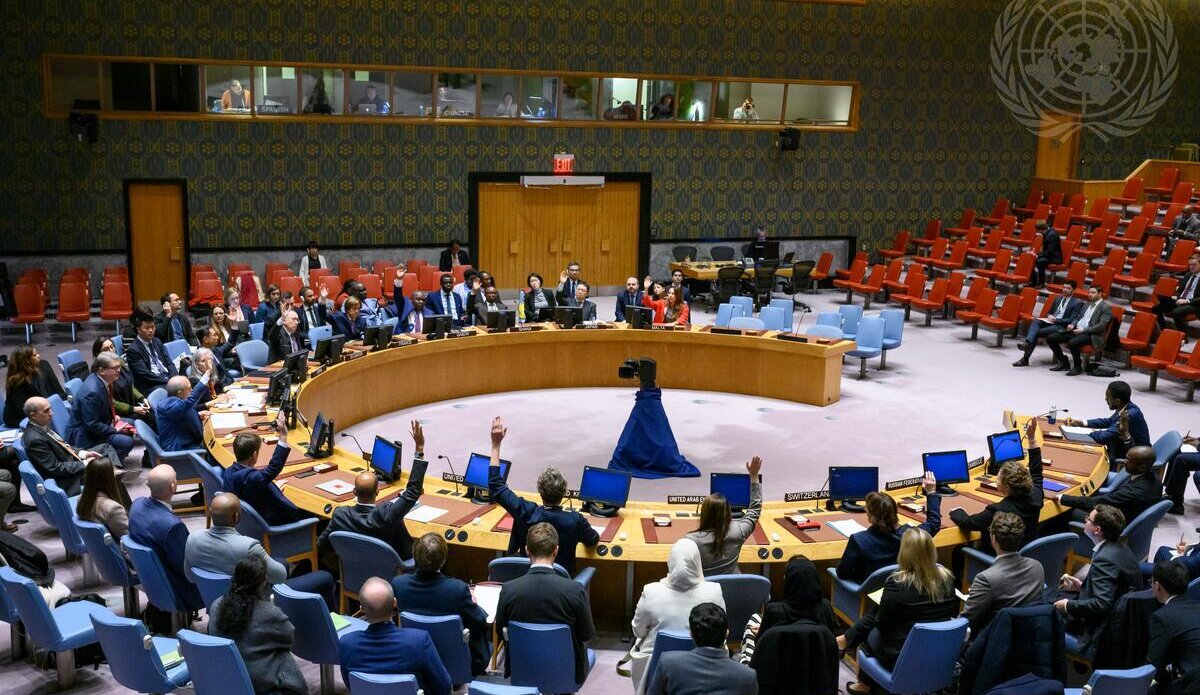UN Security Council extends mandate of UNSOM until 31 October 2024
New York – Following the Secretary-General’s strategic review of the United Nations Assistance Mission in Somalia (UNSOM), the Security Council today extended until 31 October 2024 the Mission’s mandate and tasks, as set out in resolutions 2158 (2014) and 2592 (2021).
Unanimously adopting resolution 2705 (2023), the Council requested UNSOM to maintain and strengthen its presence across Somalia in consultation with the Federal Government and Somalia’s Federal Member States, and continue to strengthen its cooperation with the country and the African Union.
By the terms of the resolution, UNSOM is encouraged to coordinate United Nations efforts and support the Federal Government and Federal Member States in the acceleration of the implementation of the National Stabilization Strategy and State-Level Stabilization Plans and support peacebuilding.

Expressing serious concern about the humanitarian situation in Somalia, the Council, through the resolution, strongly condemns any misuse or obstruction of humanitarian assistance, including violence, attacks and threats against humanitarian and medical personnel, and against their means of transport and equipment, as well as hospitals and other medical facilities in violation of international law. It demands that all parties allow and facilitate, in accordance with relevant provisions of international law, full, safe, rapid and unhindered access for the timely delivery of aid to persons in need across Somalia, in line with the humanitarian principles.
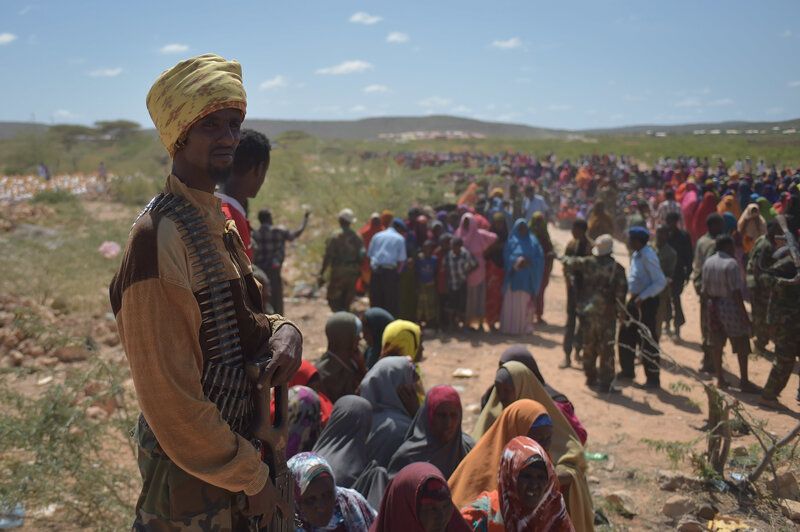
Speaking after the vote, the Anna M. Evstigneeva (Russian Federation) said her delegation supported the resolution as Somalia is at an important point in its modern history and the Federal Government is combating many challenges, including the continued arms embargo. It is successfully combating extremism. Somalia is experiencing results in State-building and her delegation welcomes Mogadishu’s work in resolving interclan conflicts. The Mission’s role is growing, and necessary assistance should be provided within the bounds of its mandate. Interference in the internal affairs of the country, including its legislative work, is unacceptable.
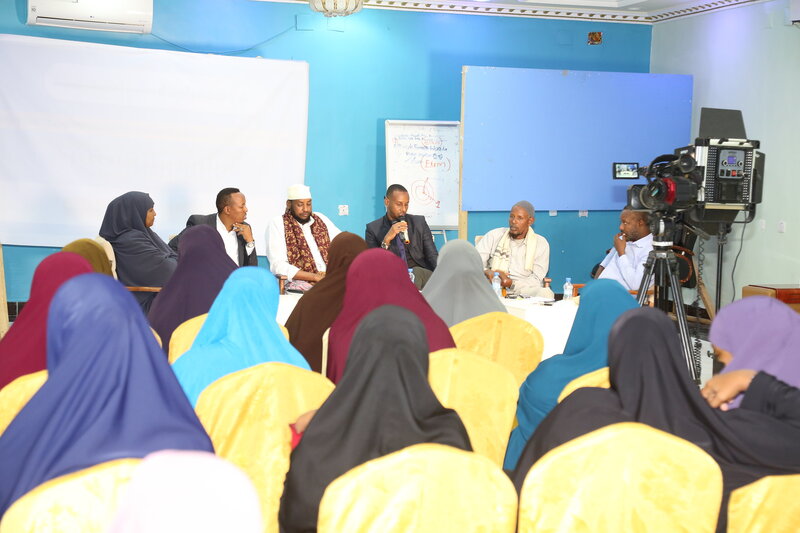
Geng Shuang (China) said his delegation voted in favour of the text because the extension of UNSOM is conducive to supporting the political process in Somalia. However, he stressed, the Mission must adhere strictly to the Somalia-owned and Somalia-led principle. Noting that the resolution was amended to reflect this, he said UNSOM must refrain from imposing external solutions. Also stressing the importance of supporting Somalia’s adaption to climate change, he said lack of financial resources is the main bottleneck facing Somalia in that. Expressing regret that the text just adopted does not speak to this, he said the Council should call on developed countries to provide climate financing that has been delayed for 14 years. If the Council is serious about tackling climate change, it should facilitate “concrete actions and real money”.
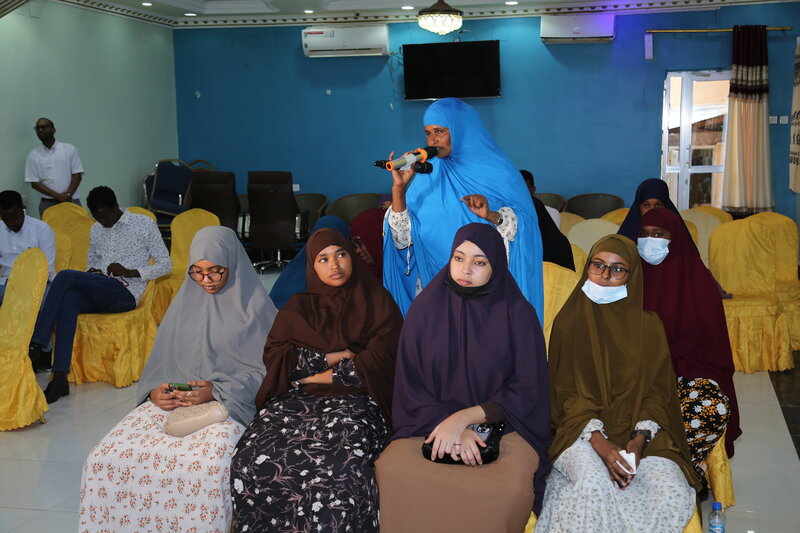
Harold Adlai Agyeman (Ghana), speaking also on behalf of Mozambique and Gabon, said the group supported the resolution as UNSOM plays an important role in the effective implementation of State-building initiatives in the country. It also recognizes the Mission’s role in the peacebuilding process as it brings stability to the country and region. The resolution notes the need to address the persistent threat of terrorism facing the country and the use of improvised explosive devices. Comprehensive assistance in the financial, technical and security domains are crucial to assist Somalia at this critical juncture. He suggested careful consideration of fully lifting the arms embargo so Somalia can combat extremist groups like Al-Shabaab. He noted the important role that women play in the peacebuilding process. He commended the consensual approach used by the penholder.
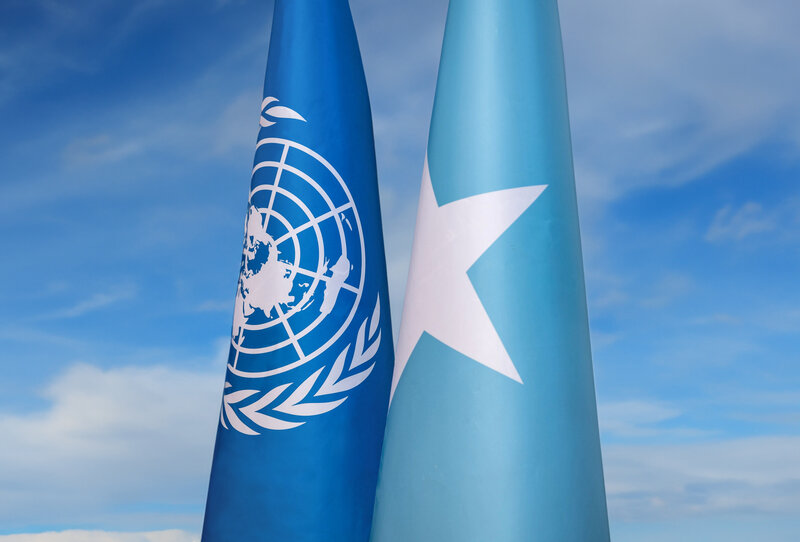
Mohamed Rabi A. Yusuf (Somalia), noting that this is the tenth year since the establishment of the special political mission in Somalia, said UNSOM’s mandate should reflect the Somalia of today rather than that of 2013. Welcoming the Council’s initiation of the transition into a United Nations country team presence, he stressed that the fight against terrorism is not won only through military means but also by addressing the drivers of violent extremism, such as lack of economic opportunities. “There is no peace without development and no development without peace,” he said. UNSOM must operate and fulfil its mandate in a way that meets the expectation of his Government, including full respect for the sovereignty and territorial integrity of Somalia. He added that different interpretations regarding the adopted model of federalism or power-sharing among Somalis should not alter the commitment to a united Somalia. Also drawing attention to the persistent issue of high staff vacancy rates, he said the prevalence of unfulfilled positions can signal the near end of a special political mission’s life cycle. Encouraging the Secretariat to expedite the conclusion of the 2022 staffing and configuration review, he added that Somalia has taken significant steps towards achieving peace and political stability.
Source: UN Press
 UN
UN
